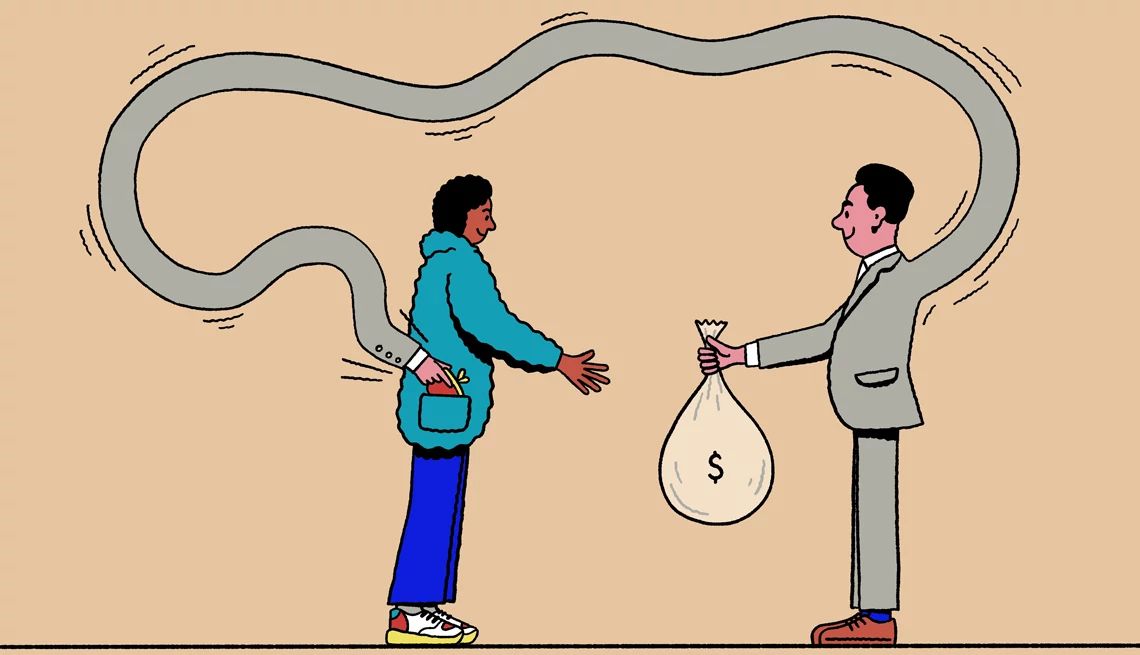Applications are complex. “I’ve seen proposals as short as 18 pages and as long as several hundred pages,” says Chamberlain. Those applications must explain who the grant will serve, what the expected outcome will be along with detailed budgets. Writing them isn’t easy, and they can take one to two months, or even longer, to prepare, says Chamberlain.
Communication is not by phone. Applications are submitted through official government portals ending with .gov. After a thorough vetting process, which can take one to two months, organizations learn if they’ve got the grant through that same government portal, Chamberlain says.
Detailed budgets are required. “They don’t just say, ‘Here’s the money, have fun with it,’ ” says Chamberlain. “You’re going be responsible for explaining to the American people essentially how you’ve spent their tax dollars.”
There are strict limitations. You must follow specific guidelines on spending. For example, if a food bank has a grant to serve young children through a nutrition program, “[The organization] can’t … use that grant money to buy a new refrigerator [unless] that’s … what the grant was for,” Chamberlain says.
Video: Tips to Avoid Government Grant Scams
Spotting a scam
Unexpected contact. A supposed government official calls you out of the blue to say you’re eligible for a grant. The government doesn’t call you and offer grant money like this, says Chamberlain.
Websites don’t end in “.gov.” Scammers can game search engine algorithms so that they appear as one of the first sites you see. Or they may buy an ad so they’ll appear at the top of your search results, warns Weisman. If you’re directed to an alleged government website whose URL ends in .org, .com, or .us, they’re not from the government.
Fees are requested. You’re asked to pay a fee. There is never any charge to submit an application or increase your chances of getting a federal grant, says Chamberlain.
“Exclusive” offer. The grant offer is presented as something secret or exclusive. “To the best of my knowledge if it’s a federal grant, it’s part of the public record,” says Chamberlain.
How to protect yourself from this scam
Ignore any social media user who sends you an unsolicited message about a government grant, and report it to the social media platform. Even if the message appears to come from someone you know, that person’s account may have been hacked or their profile cloned.
Don’t trust caller ID. Criminals can spoof phone numbers to make it appear as if it is coming from the federal government, says Weisman.
Double-check websites. “With artificial intelligence, it is a proverbial piece of cake to make a website look legitimate when it’s not,” says Weisman. To verify whether or not a website is legitimate, Weisman recommends checking a domain registry company. You can enter the URL into sites such as godaddy.com or whois.com and see who set it up and when. “So when you find out that the [for example] Federal Trade Commission website that you’re going to is owned by somebody from Nigeria, and it was only set up a few weeks ago, you got a good indication that it’s a scam.”
Keep your financial information private. Never give your Social Security number, banking information, birth date or photos of identification to someone claiming to be offering you a grant. Doing so can open you up to identity theft.
If you’ve been targeted
- Notify the FTC. You can file a complaint online or by phone at 877-382-4357. The more information authorities have, the better they can link cases and ultimately catch the criminals.
- If scammers contact you online, file a report with the FBI’s Internet Crime Complaint Center
- If the scammer claims to be from HHS, call 1-800-HHS-TIPS (1-800-447-8477) or submit a report to HHS’s Office of Inspector General.
- Reach out to the AARP Fraud Watch Network Helpline, 877-908-3360. It’s a free resource, with trained fraud specialists who can provide support and guidance on what to do next and how to avoid scams.
More resources
The FTC has a page with information about government grant scams.
The federal government has a page with information on how the government grant programs work and information on scams. You can also search for federal government grants on their site.
This article has been rewritten and new interviews were conducted with experts in 2024.









































































More From AARP
6 Common Types of Investment Fraud
Learn the red flags for financial scams
What to Know About Cryptocurrency ATMs
Kiosks are everywhere, helping scammers steal cash from victims
Scammers Stole More Than $3.4 Billion From Older Americans in 2023
New FBI report finds losses increasing as criminals’ tactics grow more sophisticated